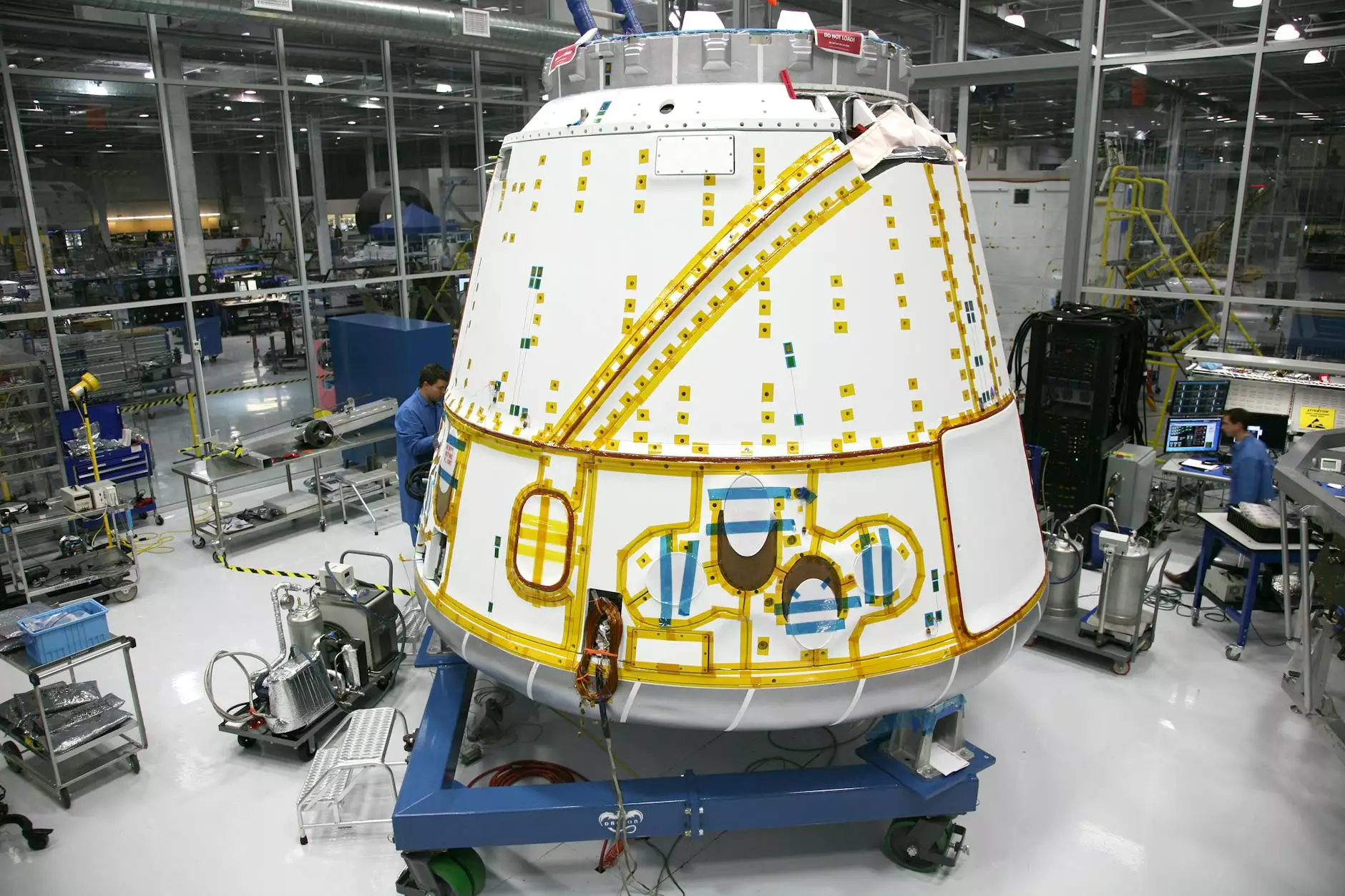Understanding Pump Mechanics in Auto Repair, Farm Equipment Repair, and Generator Installation/Repair

When it comes to the operation of machinery in industries like auto repair, farm equipment repair, and generator installation/repair, one crucial component that often goes unnoticed but plays a vital role is the pump. Pumps are essential tools that help in transferring fluids or gases from one place to another efficiently. In this detailed guide, we will explore how a pump works and its significance in various applications.
The Basic Working Principle of a Pump
At its core, a pump operates by increasing the pressure of the fluid or gas it handles, enabling it to flow from an area of lower pressure to one of higher pressure. This process is commonly referred to as pumping action. Pumps come in various types and designs, each specifically tailored for different tasks and environments.
Types of Pumps and Their Functions
There are several types of pumps used in different industries, each serving a unique purpose based on the specific requirements of the application:
- Centrifugal Pumps: These pumps use a rotating impeller to create a centrifugal force that propels the fluid towards the outlet. They are commonly employed in water circulation systems and irrigation.
- Positive Displacement Pumps: These pumps operate by trapping a fixed amount of fluid and displacing it into the discharge pipe. They are ideal for high-pressure applications, such as hydraulic systems.
- Diaphragm Pumps: These pumps use a flexible diaphragm to create a pumping action. They are often used in chemical processing and sewage treatment plants.
- Submersible Pumps: Designed to be submerged in the fluid they are pumping, these pumps are widely used for drainage and wastewater treatment applications.
Applications of Pumps in Auto Repair
In the auto repair industry, pumps play a crucial role in various systems within vehicles. From fuel pumps that deliver gasoline to the engine to water pumps that maintain engine temperature, these components ensure the smooth operation of automobiles. Without pumps, vehicles would not be able to function efficiently, making them indispensable in the auto repair sector.
Utilization of Pumps in Farm Equipment Repair
When it comes to agriculture and farm equipment repair, pumps are utilized for tasks such as irrigation, fertilizer application, and livestock watering. Pumps help in transferring water efficiently across farmlands, ensuring optimal crop growth and overall farm productivity. Whether it's a centrifugal pump for irrigation or a diaphragm pump for spraying fertilizers, the role of pumps in agriculture cannot be overstated.
Role of Pumps in Generator Installation/Repair
Generators are essential in providing backup power during outages, and pumps play a critical role in ensuring their reliable operation. Fuel transfer pumps are commonly used in generator systems to move diesel or gasoline from storage tanks to the generator engine. Without these pumps, generators would not be able to function during power emergencies, making them a vital component in generator installation and repair processes.
Conclusion
As we've seen, pumps are versatile devices that find applications across various industries, including auto repair, farm equipment repair, and generator installation/repair. Understanding how a pump works is essential for maintaining and optimizing the performance of machinery and systems in these sectors. By grasping the fundamental principles of pump mechanics, businesses and individuals can ensure smooth operations and efficient fluid transfer in their respective fields.
how does a pump work








